Wired vs Wireless Doorbells – Which is the Superior Choice for Your Home?
In the battle of wired vs wireless doorbells, which should you pick? We weigh up your options

Caroline Preece
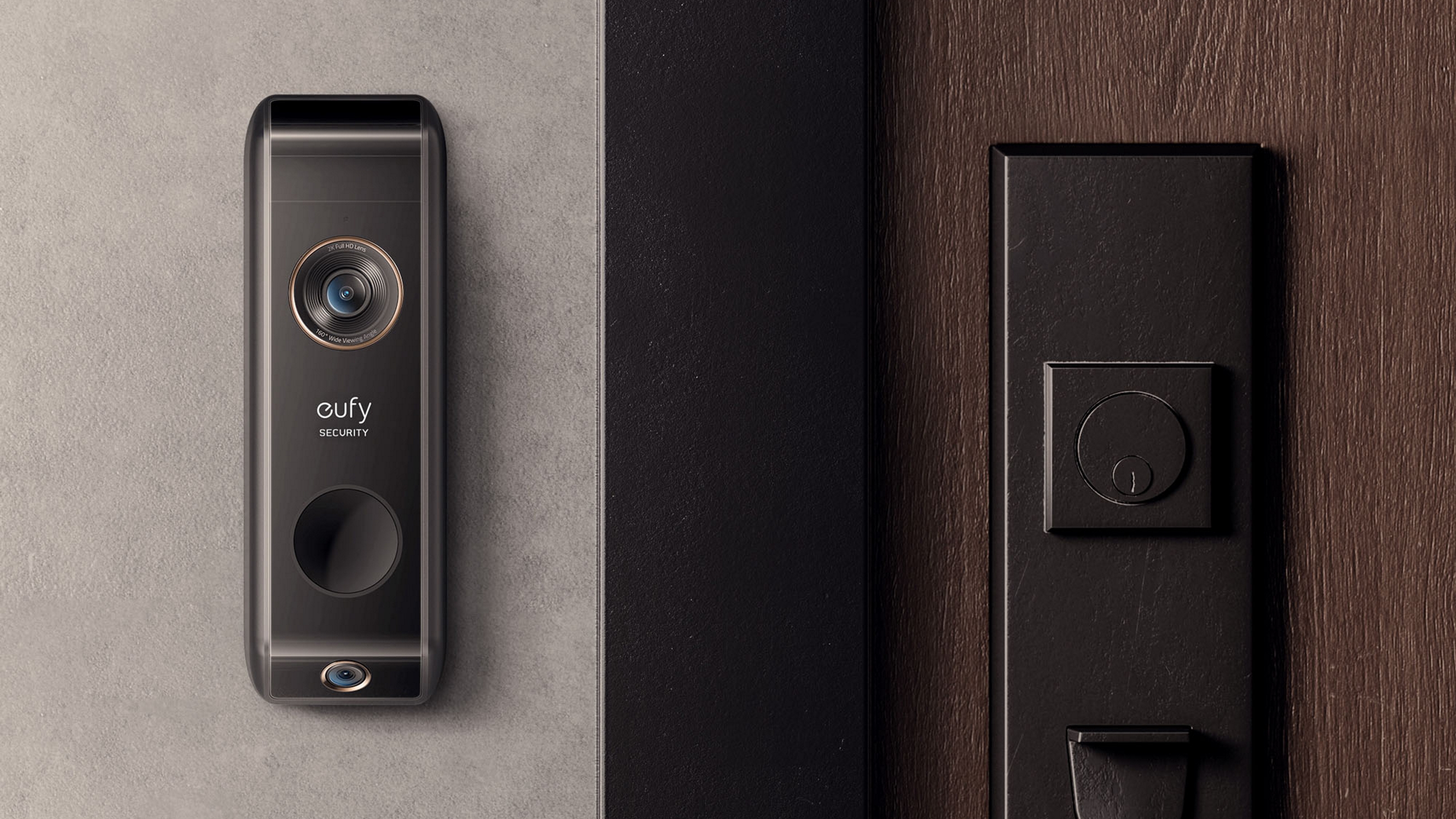
The Livingetc newsletters are your inside source for what’s shaping interiors now - and what’s next. Discover trend forecasts, smart style ideas, and curated shopping inspiration that brings design to life. Subscribe today and stay ahead of the curve.
You are now subscribed
Your newsletter sign-up was successful
The battle of wired vs. wireless doorbells is heating up as more people embrace smart, video doorbells. So it's time to pick a side, but which will work best for you?
If you've looked at the best wireless doorbells and can't decide which is best, this guide aims to help you understand the pros and cons of choosing one type of power connection over another.
To be clear, that is what is meant by wired and wireless—it's about power supply. So they should both come with WiFi for internet connectivity, making that wireless in all cases, but for power, you may want mains-powered or battery-powered.
If you already have a mains-powered doorbell, you might find the transition to a video doorbell quite simple. Many come with the adapter kit needed to install. If not, or if you don't want to mess with wiring, battery-powered models are an option, too. So, which is best for you?
Wired vs wireless doorbells: what's the difference?
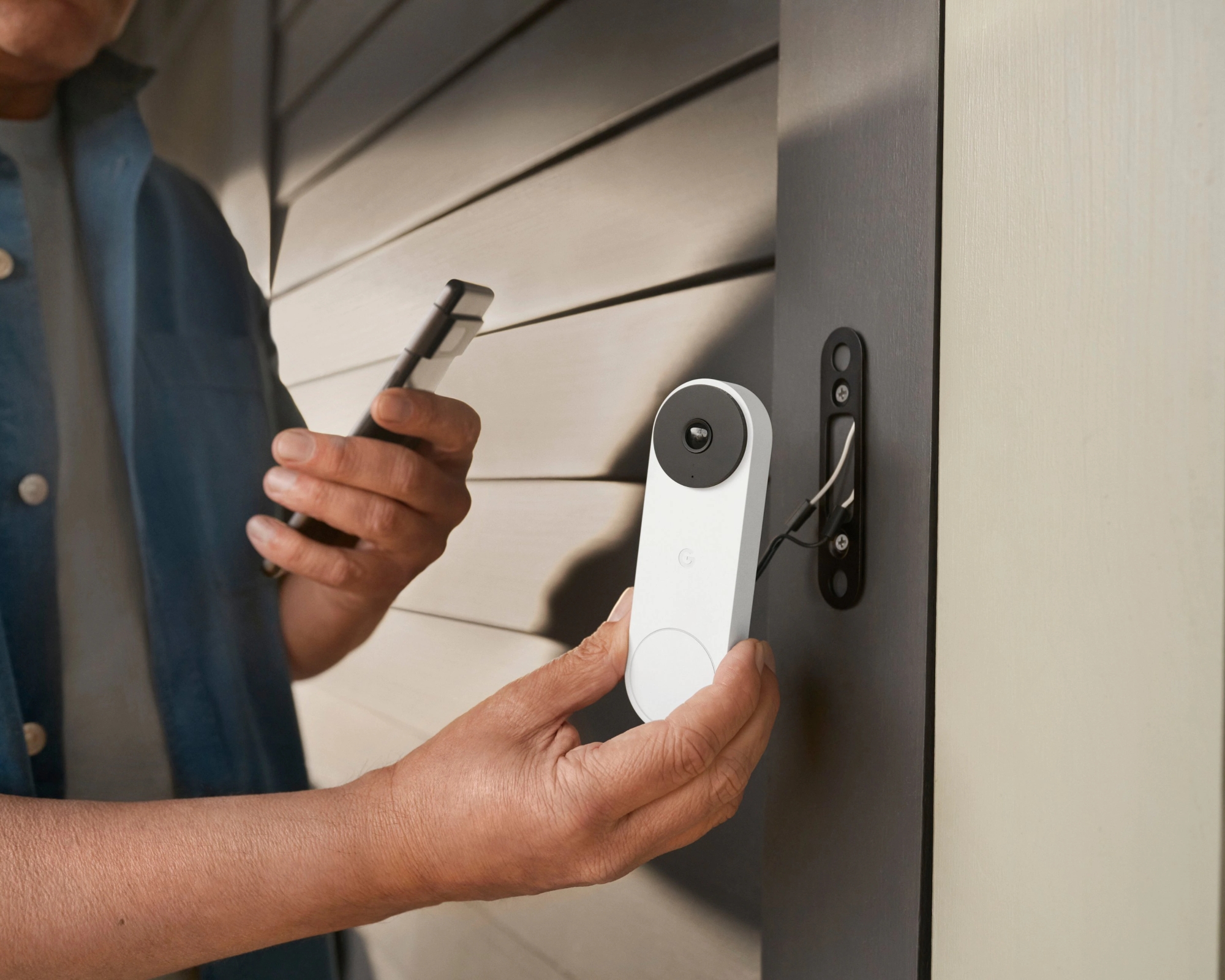
A wired doorbell utilizes your home's electrical wiring to operate. This means that once it's installed, you won't have to worry about changing batteries. However, the installation process can be more complicated as it may require working with electrical wiring, installing an adapter, and ensuring everything is safe. While the installation is generally straightforward, depending on your DIY skills, you may prefer to hire a professional for the installation, which would involve an additional cost.
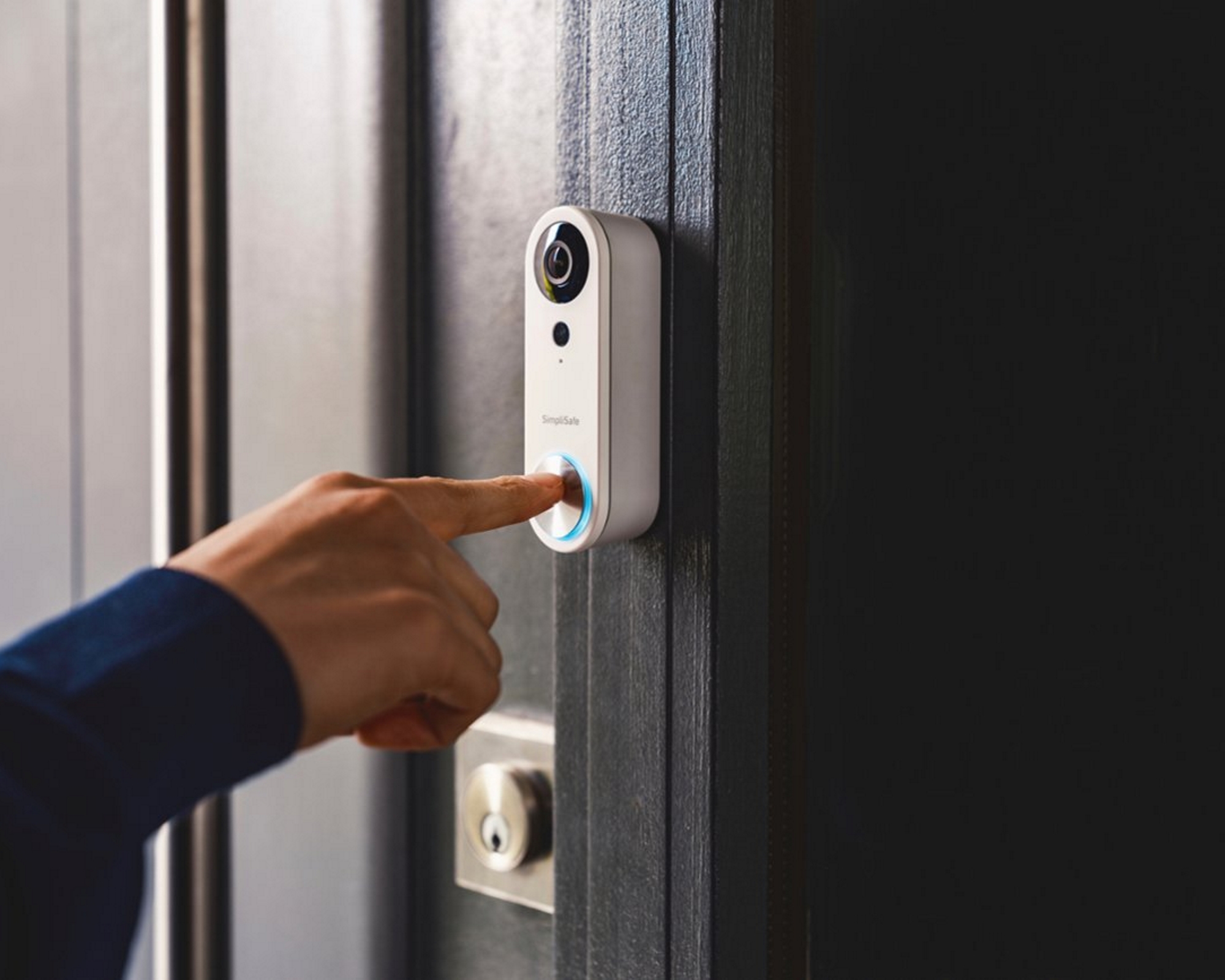
Battery-powered models feature a large removable battery that generally lasts around six months on a single charge. The duration may vary based on usage and scanning settings. In any case, the battery can be removed for overnight charging before being placed back for several more months of use. This allows for an easier installation that doesn't require wiring.
Wired vs wireless doorbells: how long do they last?
While most of your automated home may be mains-powered, a video doorbell is outside, so wiring can be difficult, and battery options are helpful. But will it last the six months many manufacturers claim?
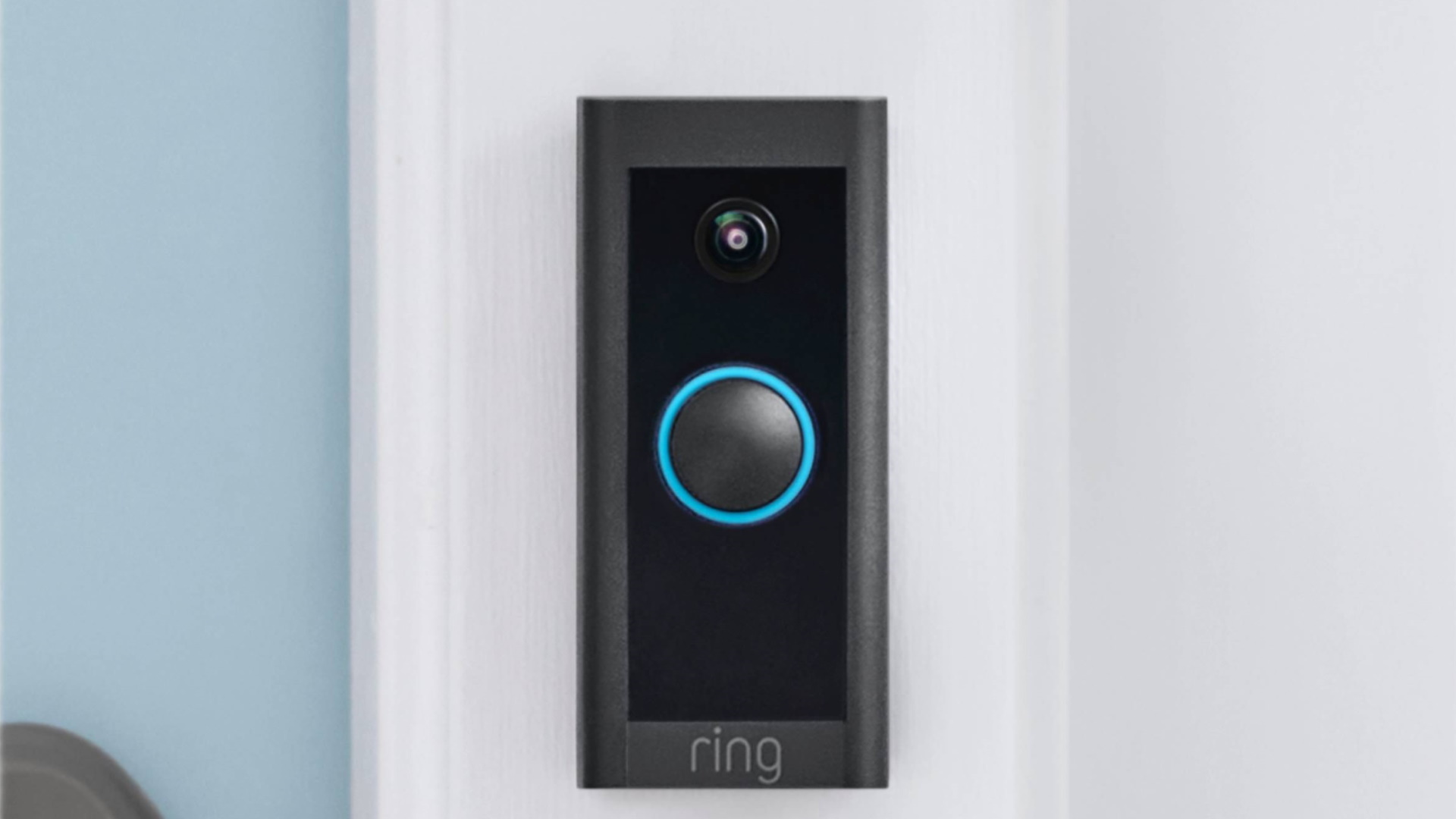
Wired doorbells have a long lifespan due to their direct electrical connection. They can last for many years without needing any maintenance. Since they don't rely on batteries, there is no need for regular charging or replacements, making them a reliable and low-maintenance option for long-term use.
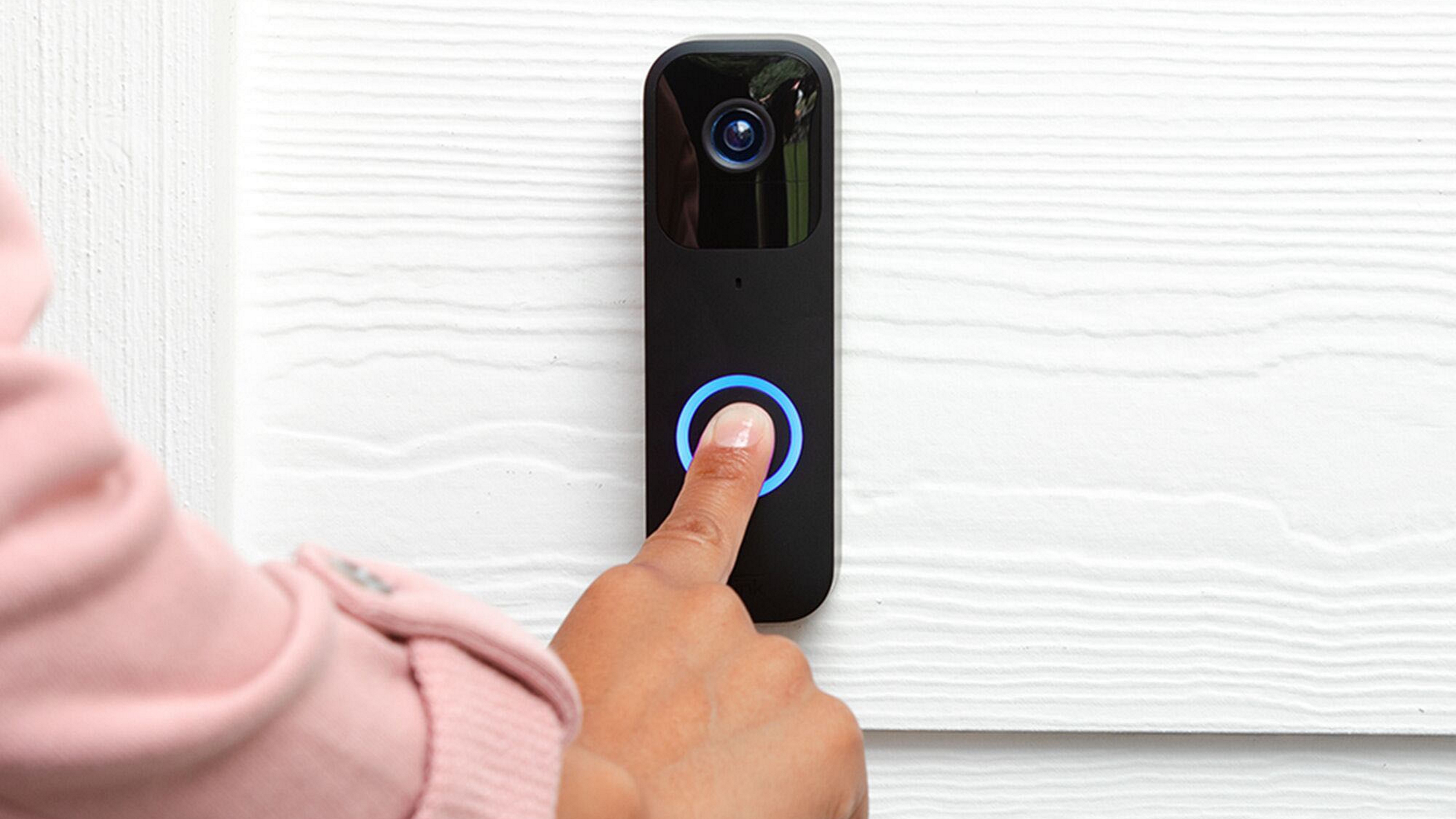
Wireless doorbells have varying longevity depending on usage. Some models are alert not only when pressed but also upon motion detection. Motion scanning frequency can usually be adjusted through the app. With regular use, a video doorbell can last months before needing a recharge, which is a simple process involving removing the battery and charging it using a USB cable.
Wired vs wireless doorbells: which is better for features?
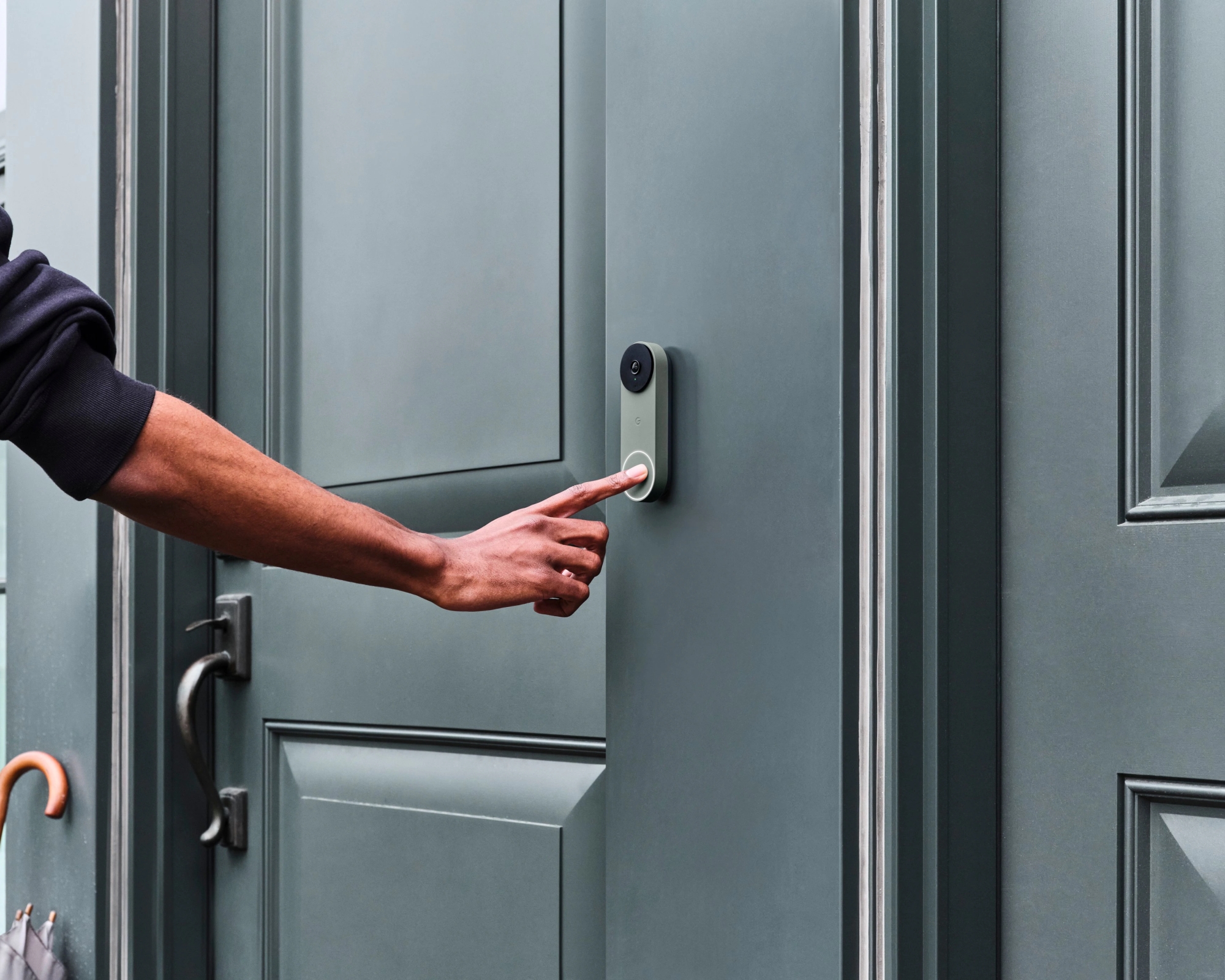
Wired doorbells provide a continuous power supply, eliminating the need for battery replacements. They also offer advanced features without worrying about battery life. Though installation may require more effort, wired models ensure consistent performance and reliability.
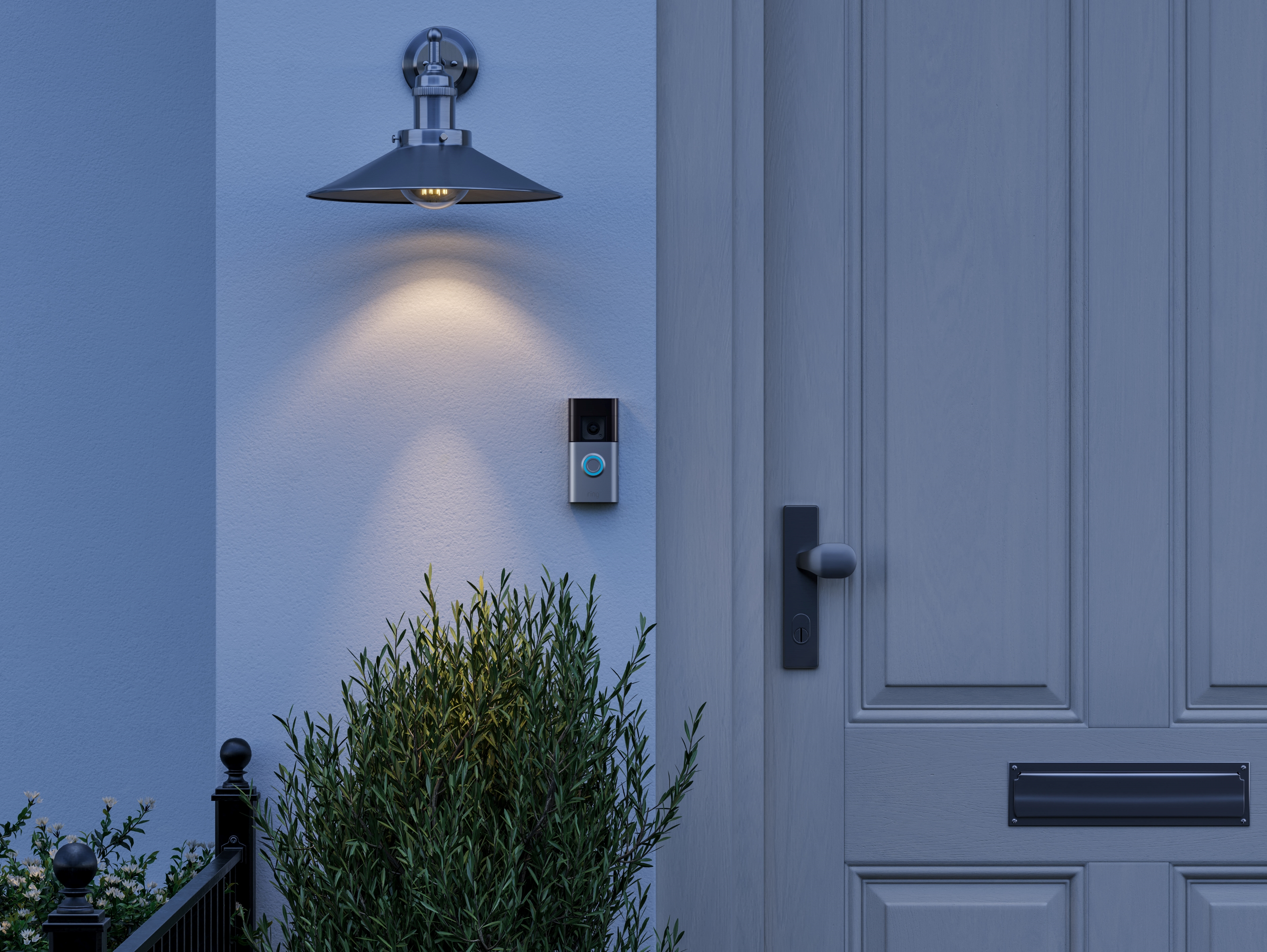
Wireless doorbells offer easy installation without the need for extensive wiring. They are powered by batteries, providing portability and convenience. Users can easily move or reposition the doorbell without constraints. They often come with customizable settings and easy-to-use smartphone integration for seamless control.
Wired vs wireless doorbells: which is more secure?
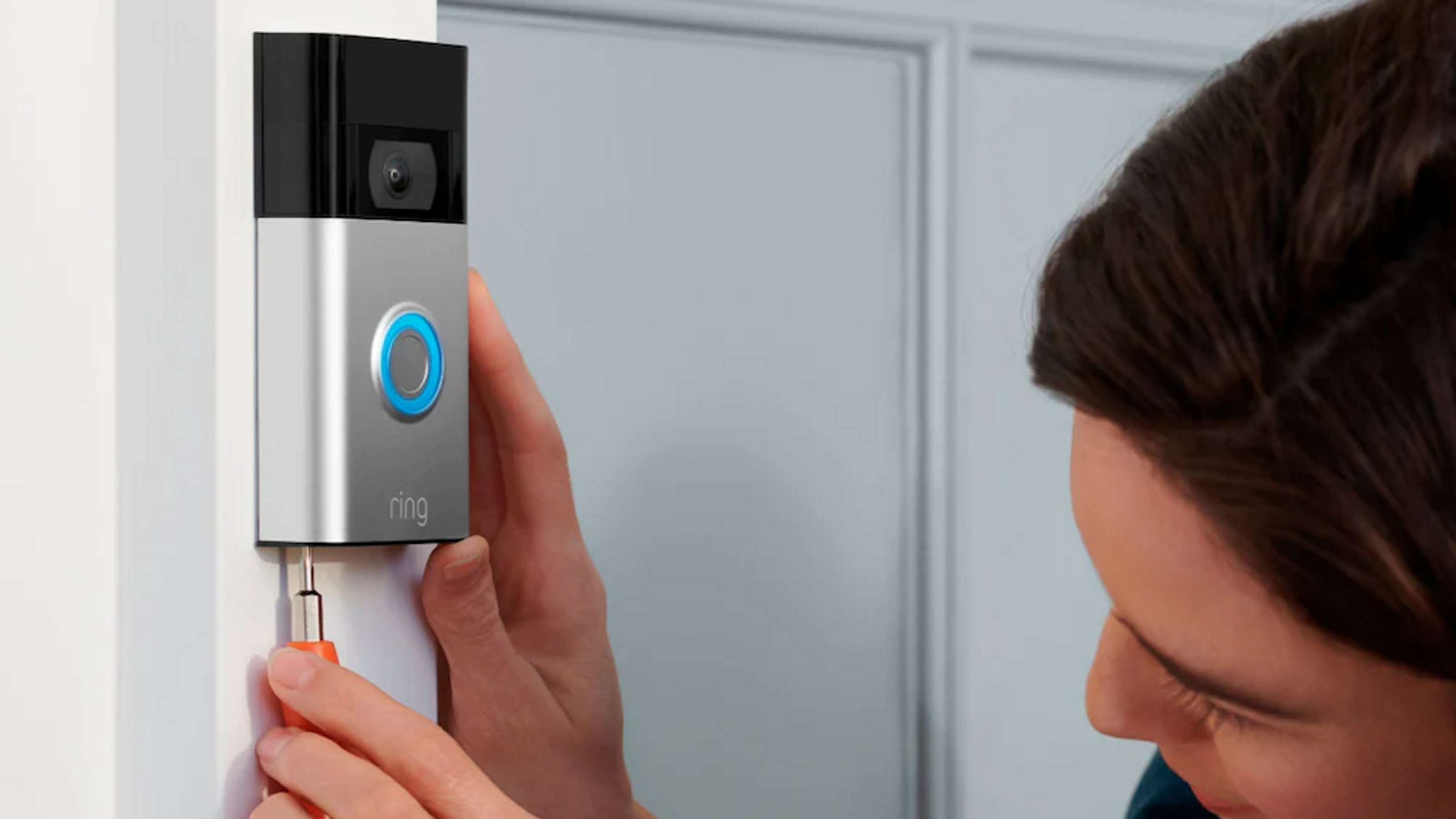
Wired doorbells are often considered slightly more secure than wireless models because they do not rely on batteries that could easily be removed. With a wired connection, there's no risk of the doorbell losing power and compromising security. Wired models are also less susceptible to signal interference or hacking.
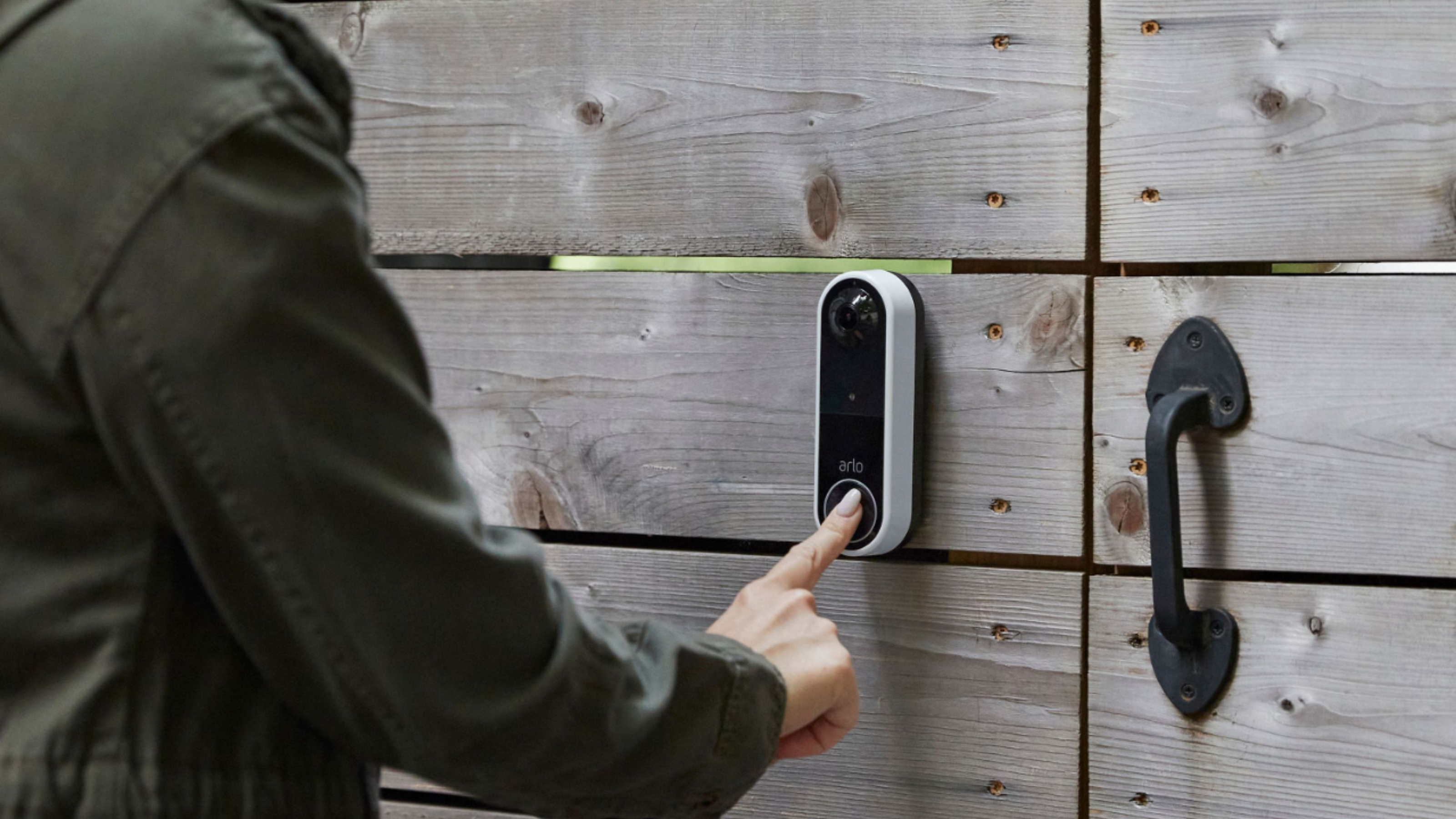
Wireless doorbells are pretty much as secure as wired ones. Despite the ability to remove the battery from wireless models, they often require a specific screwdriver and are equally vulnerable to physical damage. Both types offer security if the battery is maintained and the doorbell is powered.
Wired vs wireless doorbells: which is better?
- Winner: It's a tie!
Due to their direct electrical connection, wired doorbells offer a reliable, low-maintenance, and long-lasting solution. They provide a continuous power supply, ensuring consistent performance and security without needing battery replacements.
On the other hand, wireless doorbells offer easy installation, portability, and customizable settings. They are suitable for those who prefer a more convenient installation process and the flexibility to move or reposition the doorbell without constraints.
The Livingetc newsletters are your inside source for what’s shaping interiors now - and what’s next. Discover trend forecasts, smart style ideas, and curated shopping inspiration that brings design to life. Subscribe today and stay ahead of the curve.
However, regardless of the type chosen, both wired and wireless doorbells provide security features and can be equally secure if proper maintenance is upheld. Ultimately, the decision should be based on your home's infrastructure, DIY skills, and the specific features you value in a doorbell system.

Luke is a veteran journalist and editor of over two decades where he has written about everything but specialises is technology, science, health and fitness, smart homes and health. He contributes to Real Homes, T3, Tom's Guide and TechRadar, among many other titles. As a father of two, any spare time he gets is enjoyed surfing, reading, hiking, camping and generally getting out in nature.
- Caroline PreeceFormer Smart Homes Ecommerce Editor